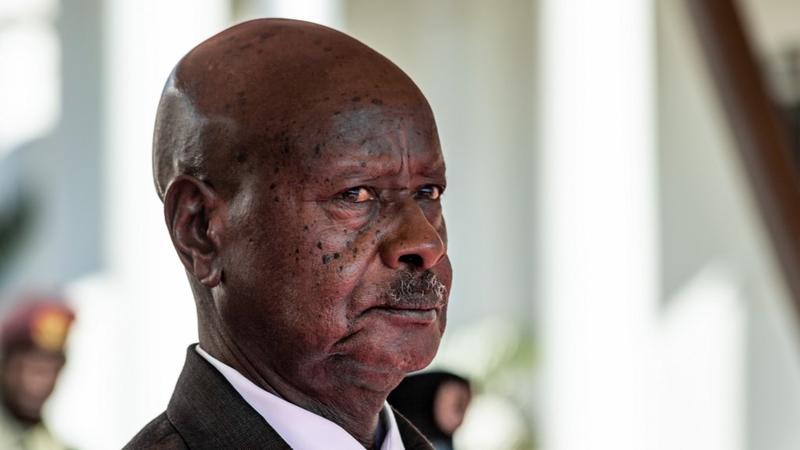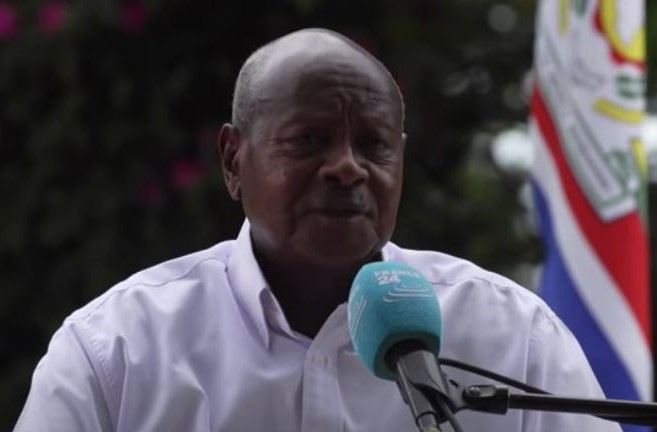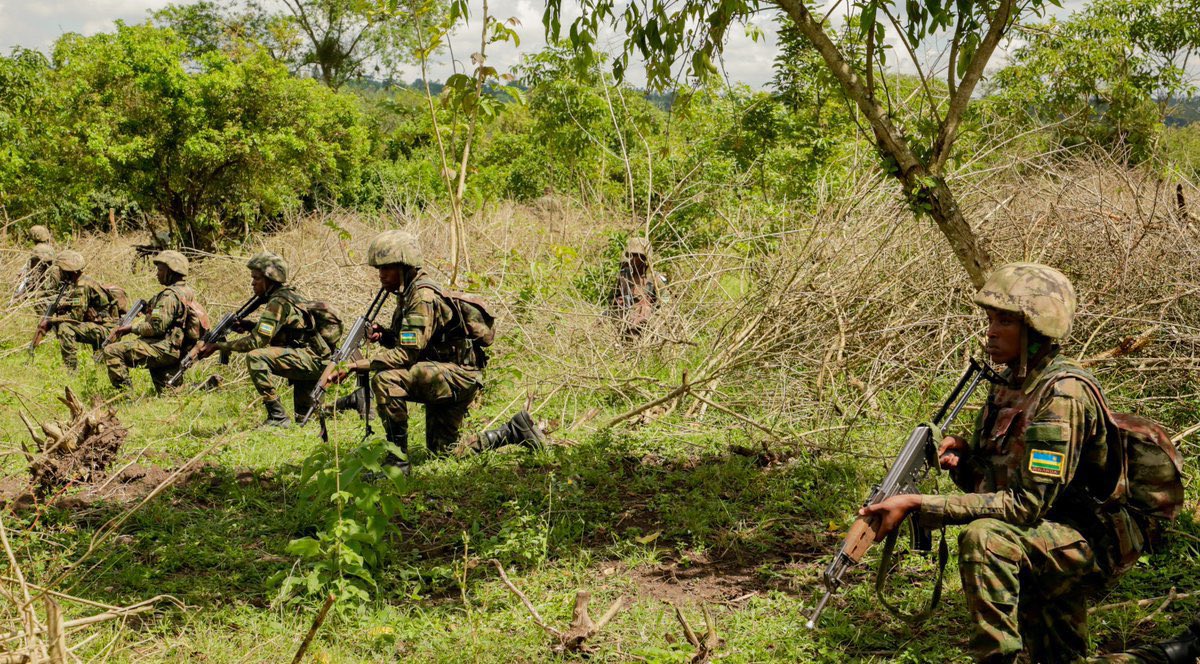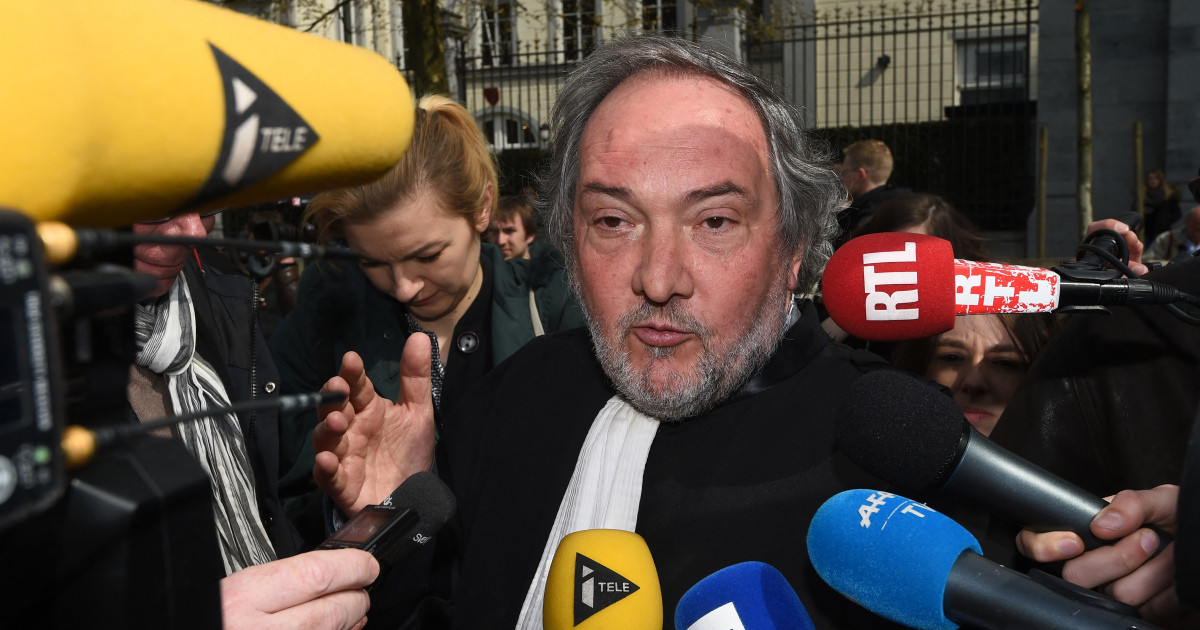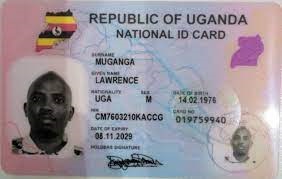Regional
The other face of Rusesabagina: a genocide denier and revisionist
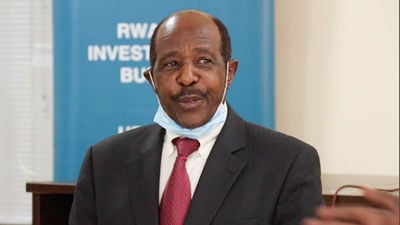
Since
the arrest and trial of Paul Rusesabagina, a former hotelier, for terrorism crimes,
Western media has been awash with the
portrait of a man who is a hero, a political dissident who opposes President
Paul Kagame.
The
terror suspect is propped up as a hero who saved 1,200 lives during the
genocide against the Tutsi, and is now a dissident against President Kagame. However, it is important to recall that he is on
trial for his involvement in terrorism activities which claimed a dozen lives
and caused a lot of damage to property in southwestern Rwanda.
Rusesabagina
rose to fame with the Hollywood movie in 2004 and thereafter, when US President
Georges Bush awarded him the Medal of Freedom in 2005. He felt emboldened and started a crusade
through American universities and colleges selling lies and truncating the
truth about the genocide against the Tutsi, and making his gullible audience
believe that the Rwandan Patriotic Front (RPF) was the one to blame for the
slaughter of more than one million Tutsi.
One
of the features of genocide revisionism is for its propagators to deny the
facts and to whitewash the perpetrators by blaming the victims for the
atrocities. In the context of the 1994 genocide, Rusesabagina is unrivalled.
In
his interview with a Vermont-based publication in April 2007, he came out as a
staunch propagandist of the Hutu Power extremist ideology, unashamed of
twisting the truth.
When
asked whether President Kagame had something to do with “orchestrating what
people know as “the genocide in Rwanda,” he responded: “What do you think? Who
killed [President] Habyarimana? [Laughing.] Who benefited from Habyarimana’s
death? It is Kagame and his people.
“And
if you go back to the region, to the Great Lakes region, between 1990 and 1994,
as I was describing, the rebels [RPA] on their way from Uganda-in Byumba and
Ruhengeri, in northern Rwanda - they were killing civilians. Today you can go
to many former communities which Kagame has completely reshuffled, and changed,
every way, upside down. Today if I go to the hill where I was born, he has
changed the names.”
Rusesabagina
made the case that the roadblocks where the Tutsi were singled out and executed
were infiltrated by the RPF. He alleged that “Kagame had infiltrated the
[Habyarimana] army [FAR], and the militias, everywhere; he [Kagame] had his own
militia within a militia,” and that the leader of the Interahamwe, Robert
Kajuga, a Tutsi, was one of those infiltrators.
“But
most of those guys who were just on the roadblocks [where so much killing was
done] were Kagame people,” Rusesabagina said. Here, he is blaming the genocide
against the Tutsi on the very person who stopped the genocide. He suggested that
the killings of the Hutu continued even after 100 days.
This
is the same Rusesabagina who went to London, UK, in 2008 to be a defence
witness and urged Judge Anthony Evans not to extradite one of the genocide
suspects there, Dr Vincent Bajinya, to Rwanda.
According
to British investigative Journalist, Linda Melvern, “Judge Evans determined
that Rusesabagina was "strongly allied to the extremist Hutu faction"
and his performance in court raised questions about his direct links with Hutu
Power. He concluded Rusesabagina to be a fantasist and his testimony worthless.”
He also tried to be a defence witness at the International Criminal Tribunal for Rwanda (ICTR) for a well-known genocidaire, Joseph Nzirora, an ex-official of the former ruling MRND in 2010 but was snubbed by the Trial Chamber because his evidence could not be considered as independent and reasoned.
Here
is the man that western media and a web of international lobbyists want
everyone to believe is a hero that should be freed now and charges of terrorism
against him dropped.


